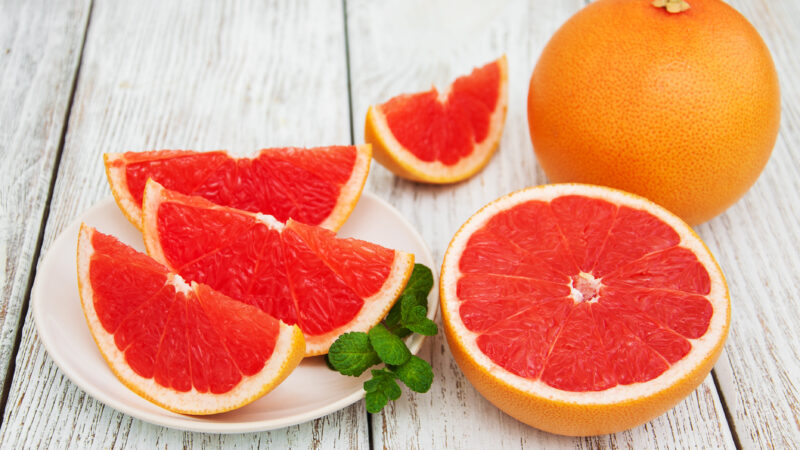The Role of Nutrition in Physical Fitness

Physical activity, whether you engage in competitive sports, leisure activities, or yoga, has numerous positive effects on your health. Physical exercise and nutrition maximize your workouts and enhance sports performance.
How we feel and perform while exercising can be significantly influenced by the food we eat regularly and before and after exercise. The ideal macro and micro-nutrient balance may change depending on your degree of fitness and the type of exercise you engage in. but it’s vital to consume meals to maintain your fitness and enhance your performance.
A nutritious weight loss program and regular exercising are vital to keeping top fitness at any age. A balanced diet that contains “the proper quantity of calories and nutrients to sustain a healthy weight” is part of proper nutrition. Physical exercise is “any sort of movement that consumes energy.” Besides this, a fitness and nutrition coach can help maintain your body’s health.
Health Advantages
Fitness blessings come from a balanced weight loss program and everyday exercise. The primary is what it can prevent or reduce the risk of. This consists of weight gain, high cholesterol, weight problems, high blood sugar, kidney ailment, and “continual issues, consisting of diabetes, coronary heart disease, and high blood pressure. The second category focuses on how it can enhance your health. This entails encouraging weight loss, improving general well-being, achieving and maintaining a healthy weight, strengthening muscles, bones, and joints, improving mood and energy levels, enhancing immunity, facilitating injury recovery, feeling better about oneself, better stress management, and toning the body.
Why is a healthy Diet/Nutrition important?
Eating healthfully is crucial since the body cannot function effectively without proper nutrition. Consider the body to be similar to an automobile. Three fuel types are available when filling up a car: ordinary, plus, and premium. Your automobile won’t run as well in terms of power and fuel efficiency if you fill it with regular or plus petrol when it needs compensation to function correctly. It only works better when served with premium. The relationship between nourishment and the body is identical—poor nutrition results in poor productivity. The body will be able to exert itself more physically with good food.
Greens, culmination, and “little portions of protein and whole grains” that give “all of the vitamins, vitamins, and minerals the frame wishes to perform it is pleasant” are all part of a balanced food plan.
Portion control is necessary for optimal nutrition since it’s important to consider calorie intake and expenditure when losing or maintaining weight.

Include some of the following nutrient-dense foods in your diet as a great place to start if you want to boost your nutrient density:
Shady Greens Leafy
The folate, zinc, calcium, magnesium, iron, nutrition C, and fiber are considerable in darkish green leafy veggies. It has been demonstrated that eating leafy greens, including spinach, kale, collard greens, and Swiss chard, improves muscle performance in both men and women who exercise. In addition, the nitrates in leafy greens are converted to nitric oxide during exercise, which dilates blood vessels and enhances blood flow. 7 By cooking kale salads, sautéing spinach with eggs for breakfast, or integrating them into a smoothie, you may add dark leafy green veggies to your diet.
Berries
Berries are a crucial component of an athlete’s diet because of their potent antioxidant qualities. Oxidative stress brought on by exercise leads to the creation of free radicals, muscle damage, and weariness. Antioxidants may improve athletic performance by reducing muscle deterioration and inflammation.
For an antioxidant boost, add blueberries to a yogurt parfait, strawberries to a smoothie, or raspberries or blackberries to a salad.
Eggs
The B vitamins, choline, iron, antioxidants, and high-quality protein found in eggs, including the yolks, are crucial for the rehabilitation and regeneration of muscles. Egg protein is thought to have a high bio-availability, which means that it is quickly broken down and effectively utilized by the body.
Eggs also include vitamins and minerals that aid cell growth, tissue repair, and fatty acids crucial for heart health. Eggs are a simple and fast breakfast option. They can be hard-boiled for grab-and-go or scrambled with vegetables.
Sugar Potato
The sweet potato is a root vegetable rich in potassium, fiber, and vitamins A and C. They are a great source of the complex carbohydrates athletes require for energy. Additionally, getting adequate potassium lessens weakness, muscle cramps, and weariness.
There are more than a few methods to include sweet potatoes in your food. You can roast sweet potato wedges, add them to a salad, or bake them until they are crispy and serve them as sweet potato fries with burgers for breakfast.
Turmeric
Indian-born turmeric is a vibrant yellow spice with culinary and therapeutic uses. It is best known for its anti-inflammatory and antioxidant properties and may help prevent chronic diseases like diabetes, heart disease, and cancer.
Research on post-exercise recuperation has also recently turned its attention to turmeric. There is evidence that those who take turmeric after working out feel lessened soreness and discomfort in their muscles and lessened muscle damage and inflammatory indicators.
Add turmeric to your routine by creating golden milk, sprinkling it on roasted veggies, or adding it to a recipe. Turmeric supplements are additionally offered.
Conclusion:
This article will help you with the importance of nutrition. How we feel and perform while exercising can be significantly influenced by the food we eat regularly and before and after exercise. A balanced diet that contains “the proper quantity of calories and nutrients to sustain a healthy weight” is part of proper nutrition.






